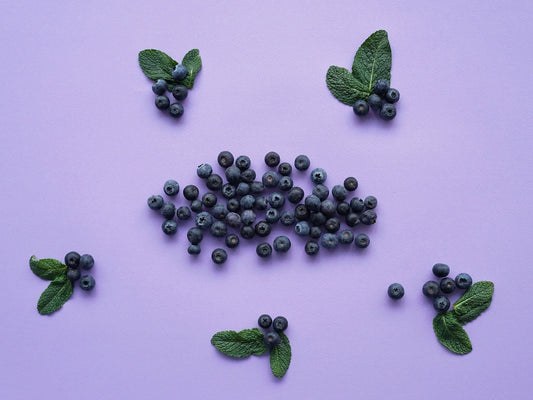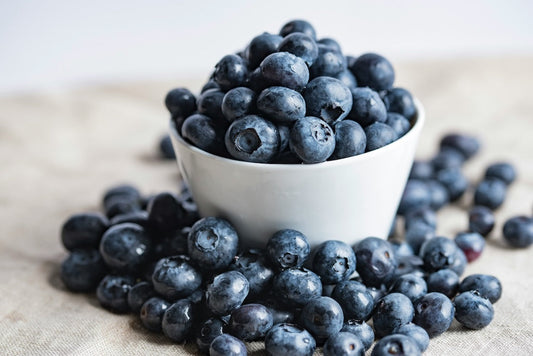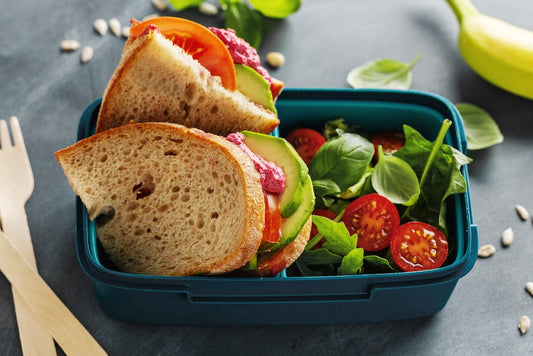Our intestines are home to a fascinating ecosystem of microorganisms, known as the intestinal microbiome, intestinal flora or intestinal microbiota. It consists of a variety of bacteria, viruses, fungi and other microorganisms that live in the human digestive tract.
The microbiome in the gut plays a crucial role in our bowel health and general health and has a variety of functions. This article will tell you more about it.
What is the microbiome in the gut?
The microbiome in the gut comprises an immense variety of organisms. It is estimated that each person is home to around 100 trillion bacteria from thousands of different species and strains.
These bacteria form a complex community that interacts closely with our body. Most of the organisms in the microbiome are different types of bacteria, but fungi, viruses and other microbes are also present.
Why is the gut microbiome so important?
The microbiome in the gut plays a crucial role in our health – for several reasons.
For one thing, the microbiome aids digestion. The bacteria in the gut produce enzymes that help break down food components that our body could not digest on its own. They help break down dietary fiber and produce short-chain fatty acids, which are essential for the health of intestinal cells.
In addition, the microbiome in the gut influences our immune system. The intestinal bacteria interact with the immune cells in the intestinal mucosa and help them to distinguish between harmless substances and potential pathogens. Intact intestinal flora is important for the function of the so-called intestinal barrier. This controls which substances enter the body from the intestines and vice versa. A healthy microbiome thus supports the proper functioning of the immune system via the intestines and helps to ward off infections.
The microbiome also plays an important role in the absorption of nutrients. The bacteria in the gut can influence the expression of genes in the intestinal cells that are important for nutrient absorption and metabolism. For example, they can increase the production of proteins that promote the transport of vitamins and minerals into the body. It is therefore important to build up and strengthen a healthy gut flora.
How do you build a healthy gut flora?
How the microbiome changes over the course of a lifetime
The microbiome in the gut develops from birth and changes over the course of a lifetime. Newborns initially have a rather simple microbiota, which develops over time through food intake and other environmental factors.
In adulthood, the microbiome is shaped by an individual's diet, lifestyle and other factors.
Factors that influence your gut bacteria
Various factors can influence the microbiota in the gut. Nutrition plays a crucial role here. A high-fiber diet with lots of fruits, vegetables, whole grain products, and legumes promotes a healthy microbiome. In contrast, an unhealthy diet high in sugar and fat, as well as excessive consumption of fast food, can significantly disrupt the balance of the gut flora.
Medications such as antibiotics can also affect the microbiome, as they not only kill harmful bacteria but can also decimate beneficial bacteria. Stress and an unhealthy lifestyle, such as a lack of sleep and physical activity, can also negatively affect your gut health.
If the intestinal microbiome is disturbed and this condition persists over a long period of time, it can lead to various diseases such as chronic inflammatory bowel disease, colitis ulcerosa, Crohn's disease, irritable bowel syndrome, atopic dermatitis or even obesity.
Gut health – how to keep your microbiome healthy
Probiotics and prebiotics
Probiotics are living microorganisms that multiply in the intestine and have a health benefit for our body. The best-known probiotics include lactic acid bacteria, bifidobacteria and yeasts. Probiotic foods include natural yoghurt, kombucha, kefir, sauerkraut, ayran, tempeh, miso, pickled cucumbers and apple cider vinegar.
Probiotics are distinguished from so-called prebiotics, which have a positive effect on the intestinal bacteria already present in the intestine. Prebiotics are non-digestible food components that promote the growth and activity of bacteria in the intestinal microbiome. Prebiotic foods include chicory, onions, garlic, asparagus, Jerusalem artichokes, salsify, bananas and cereal products.
You can find more information about probiotics and prebiotics at Verival, Probiotics – natural support for your gut and these 9 prebiotic foods you should know about!
To maintain a healthy intestinal flora, it is therefore important to eat a balanced diet. Foods rich in fiber, fermented products such as yoghurt and probiotic foods such as sauerkraut can promote the growth of good bacteria. It is also advisable to avoid consuming bad bacteria and microbes by maintaining good hygiene and avoiding contaminated food.
Prebiotic porridge for healthy digestion
Microbiome and breakfast
You can also get general tips on how to strengthen your intestinal flora through healthy eating from Verival. However, we are the experts when it comes to how you can optimally nourish your microbiome in the intestines with the first meal of the day – your breakfast.
Whether you prefer a oatmeal breakfast with yoghurt and banana, a prebiotic porridge – which you can add to according to your own preferences – or a yoghurt bowl with oats from Verival, there is something for everyone!
Microbiome tests
Microbiome tests can help to analyze the composition of the microbiome in the gut. These tests examine the DNA of the bacteria and provide information about the diversity and quantity of the different bacterial strains.
The results can help to draw conclusions about the health of the microbiome and, if necessary, to make adjustments to diet and lifestyle.
Conclusion:
In summary, the microbiome in the gut is a fascinating and complex ecosystem of bacteria and other microorganisms that plays an important role in our digestion, immune system and absorption of nutrients.
Microbiome research shows that a gut-healthy diet, a balanced lifestyle and avoiding harmful influences help to maintain a healthy gut.
Strengthening digestion with prebiotics
FAQ:
What are the symptoms of an imbalanced microbiome composition?
An imbalanced microbiome composition can lead to a variety of symptoms, including digestive problems such as bloating, diarrhea or constipation, food intolerances, skin problems, fatigue and mood swings.
Can you influence your microbiome through diet?
Yes, a healthy diet high in fiber, fermented products, and probiotic foods can promote the growth of good bacteria and positively influence your microbiome.
How long does it take for the microbiome to recover?
The regeneration time of the microbiome can vary and depends on various factors. If the microbiome composition is disturbed, it can take weeks or even months for the microbiome to return to normal.
What foods are good for the microbiome?
Fiber-rich foods such as fruits, vegetables, whole grains, and legumes are good for the microbiome. Fermented products such as yogurt, sauerkraut, and kefir, as well as probiotic foods, also support microbiome health.
























